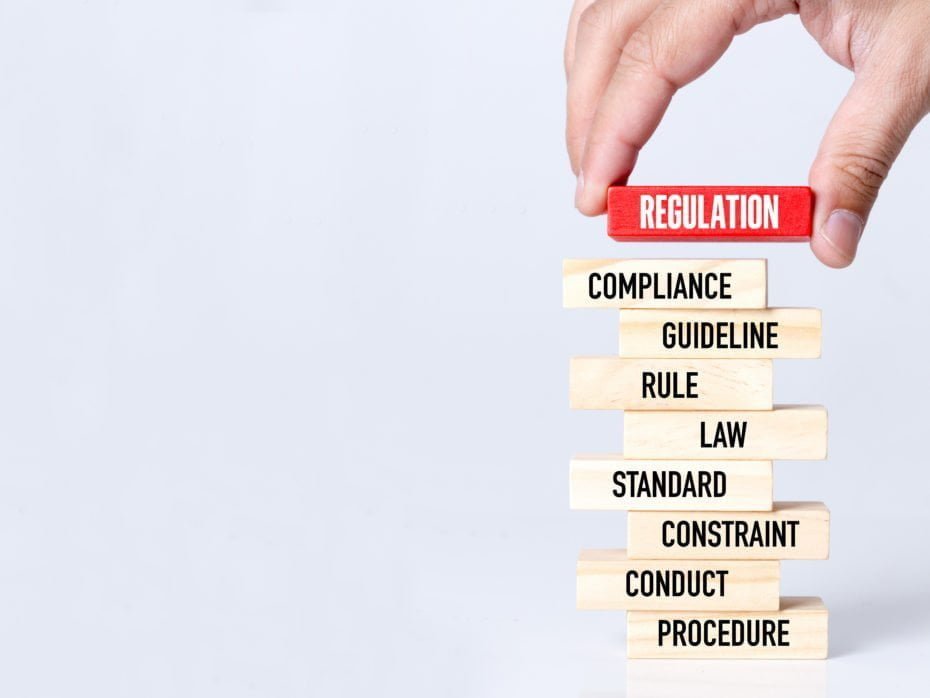As shared with CDA members in the 2019 legislative wrap up, last year’s House Bill 19-1174 established new standards for out-of-network billing at in network facilities. House Bill 19-1174 does not apply when a patient voluntarily uses an out-of-network provider, but only in emergency situations or care settings where the patient does not have a choice of providers (e.g., surgical assistants, anesthesiologists, etc.). This bill was designed to address exorbitant fees sometimes charged by in-network hospitals and surgical centers when out-of-network provider support is sometimes utilized.
Thanks to last minute amendments orchestrated by the CDA, dentistry at large should not feel much impact from the bill, but facility-based dental providers (hospitalists, oral surgeons and those providing care at hospitals or ambulatory surgery centers) may be impacted. Rulemaking related to House Bill 19-1174 has been consistent with this interpretation, as nearly every healthcare regulatory board minus the Colorado Dental Board issued specific rules in connection with House Bill 19-1174.
Beginning in January 2020, disclosures were required to be provided by all healthcare plans, providers and facilities about the potential costs of receiving services from an out-of-network provider or facility. Regulatory board rulemaking by the Colorado Division of Insurance as well as healthcare regulatory boards addressed the contents of these disclosures. The lack of rulemaking by the Dental Board on this bill seems to indicate that the bill will rarely intersect dental providers. However, dentists who provide emergency or emergent services in a hospital or urgent care facility should pay close attention to House Bill 19-1174 and consult with their associated facility to ensure appropriate disclosures are being made to the patient.
For dentists that are required to comply with HB 19-1174, in addition to the required disclosures, a written estimate of the patient’s financial responsibility must be provided within three business days of a patient’s request. The provider is required to bill the out-of-network insurer and not the patient (aside from any allowed deductible or co-pay, which may not be greater than if the patient had obtained services in-network). 10% interest must be paid if the provider over collects from the patient and retains the overpayment for more than 60 days. Within 60 days, the insurer is required to pay the provider a fee based on the higher of inflated (105% to 110%) median in-network rates or average (50th-60th percentile) of usual and customary regional fees. The insurance plan must provide evidence of compliance with payment criteria if requested. The provider and insurer can also negotiate and agree to an independent reimbursement rate and an arbitration process is created for providers who believe payment was not sufficient given the complexity of the services provided.
For dentists required to comply with HB 19-1174, additional information and resources for compliance are available from:
- Colorado Hospital Association https://cha.com/wp-content/uploads/2019/06/2019-Issue-Brief-HB-1174_UPDATED-9.3.19.pdf
- Colorado Medical Society https://www.cms.org/articles/for-your-information-an-overview-of-the-new-out-of-network-law


